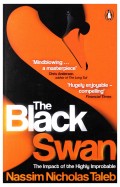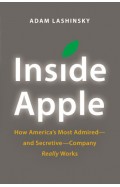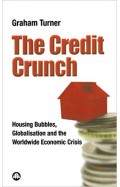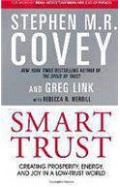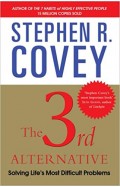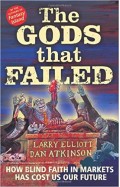- Home
- Business & Management
- Business & Finance
- Self Help
- Motivation
- Taking Advice - How Leaders Get Good Council and Use it Wisely
Taking Advice - How Leaders Get Good Council and Use it Wisely
By: Dan Ciampa
-
Rs 1,147.50
- Rs 2,550.00
- 55%
You save Rs 1,402.50.
Due to constant currency fluctuation, prices are subject to change with or without notice.
In Taking Advice, Ciampa explains that more outside advisors than ever are offering leaders advice in increasingly costly projects. Yet as advice has become more ubiquitous, leaders have grown less satisfied with it—especially when dealing with high-stakes, unfamiliar situations that require assertive action and speed but also wise judgment. Also, leaders too often overlook help from colleagues, board members, subordinates, friends, and spouses.
Good advice bridges the gap between a leader’s vision and realization of that vision. When leaders fail to solicit advice or obtain it from the wrong sources, the leader and his vision suffer. By offering the broadest perspective on advice to date, Ciampa helps you avoid this scenario. He provides a topology of advice (strategic, operational, political, personal) and defines four types of advisors (expert, experienced, sounding board, partner). He also identifies the defining characteristics of effective advice takers—illustrating them with a wealth of examples from business, the public sector, and history.
In Taking Advice, Ciampa explains that more outside advisors than ever are offering leaders advice in increasingly costly projects. Yet as advice has become more ubiquitous, leaders have grown less satisfied with it—especially when dealing with high-stakes, unfamiliar situations that require assertive action and speed but also wise judgment. Also, leaders too often overlook help from colleagues, board members, subordinates, friends, and spouses.
Good advice bridges the gap between a leader’s vision and realization of that vision. When leaders fail to solicit advice or obtain it from the wrong sources, the leader and his vision suffer. By offering the broadest perspective on advice to date, Ciampa helps you avoid this scenario. He provides a topology of advice (strategic, operational, political, personal) and defines four types of advisors (expert, experienced, sounding board, partner). He also identifies the defining characteristics of effective advice takers—illustrating them with a wealth of examples from business, the public sector, and history.
Taking Advice - How Leaders Get Good Council and Use it Wisely
By: Dan Ciampa
Rs 1,147.50 Rs 2,550.00 Ex Tax :Rs 1,147.50
Zubin Mehta: A Musical Journey (An Authorized Biography)
By: VOID - Bakhtiar K. Dadabhoy
Rs 472.50 Rs 1,050.00 Ex Tax :Rs 472.50
The Black Swan The Impact Of The Highly Improbable
By: Nassim Nicholas Taleb
Rs 2,636.00 Rs 3,295.00 Ex Tax :Rs 2,636.00
Inside Apple How Americas Mo Admired And Secretive Company Really Works
By: Adam Lashinsky
Rs 1,012.50 Rs 1,350.00 Ex Tax :Rs 1,012.50
Buyology How Everything We Believe About Why We Buy Is Wrong
By: Martin Lindstrom
Rs 2,236.00 Rs 2,795.00 Ex Tax :Rs 2,236.00
The 3rd Alternative Solving Life s Most Difficult Problems
By: Stephen Covey
Rs 516.75 Rs 795.00 Ex Tax :Rs 516.75
No similar books from this author available at the moment.
No recently viewed books available at the moment.
Zubin Mehta: A Musical Journey (An Authorized Biography)
By: VOID - Bakhtiar K. Dadabhoy
Rs 472.50 Rs 1,050.00 Ex Tax :Rs 472.50
Taking Advice - How Leaders Get Good Council and Use it Wisely
By: Dan Ciampa
Rs 1,147.50 Rs 2,550.00 Ex Tax :Rs 1,147.50











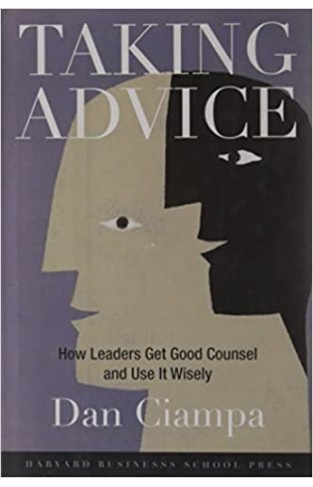

-120x187.jpg?q6)






